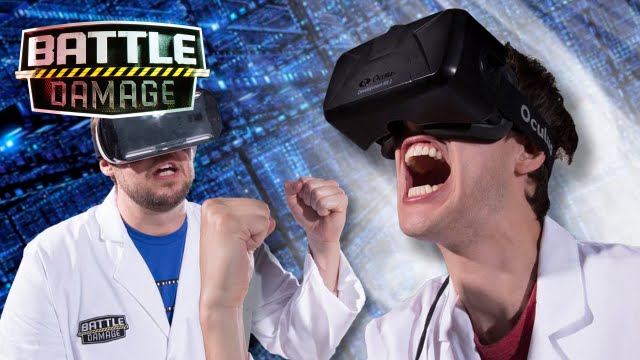How technology is transforming the future of healthcare
Summary:
In this Q&A session, we discuss how technology is transforming the healthcare industry. We talk about the increasing use of sensors and algorithms to monitor and diagnose health issues, as well as the possibility of algorithmic drugs and medical devices.
Table of Contents:
- Introduction
- What is the role of sensors in healthcare?
- How will algorithms be used in healthcare?
- What are algorithmic drugs and medical devices?
- What are the potential benefits of algorithmic healthcare?
- Are there any concerns about using algorithms in healthcare?
- Conclusion
Introduction:
Technology has changed the way we live our lives, and it is increasingly transforming the healthcare industry. With the increasing use of sensors and algorithms, healthcare is becoming more data-driven, and personalized than ever before. In this Q&A session, we will explore how technology is transforming the future of healthcare.
What is the role of sensors in healthcare?
Sensors can be used in a variety of ways in healthcare. For example, they can monitor vital signs like heart rate, blood pressure, and oxygen saturation. They can also monitor other health-related data, like activity level, sleep patterns, and diet. This allows healthcare providers to gather more information about a patient’s health and make more informed decisions about their care. Additionally, sensors can be used to monitor patients remotely, which can be particularly useful for those with chronic conditions who need to be monitored regularly.
How will algorithms be used in healthcare?
Algorithms will play a significant role in the future of healthcare. As more data is collected from sensors and other sources, algorithms can be used to analyze that data and identify patterns and trends. This can help healthcare providers diagnose and treat health issues more quickly and accurately. Additionally, algorithms can be used to develop more personalized treatment plans for patients based on their individual health data.
What are algorithmic drugs and medical devices?
Algorithmic drugs and medical devices are drugs and devices that are designed using algorithms. For example, an algorithmic drug may be designed to target specific cancer cells based on a patient’s individual genetic data. An algorithmic medical device could be used to monitor a patient’s blood sugar levels and provide insulin as needed. These types of treatments could be more effective and targeted than traditional treatments, resulting in better outcomes for patients.
What are the potential benefits of algorithmic healthcare?
The potential benefits of algorithmic healthcare are significant. By using algorithms to analyze vast amounts of health data, healthcare providers can identify health issues earlier, provide more targeted treatments, and improve outcomes for patients. Additionally, algorithmic healthcare has the potential to significantly reduce healthcare costs by reducing the number of unnecessary treatments and tests.
Are there any concerns about using algorithms in healthcare?
While algorithmic healthcare has many benefits, there are also some concerns. For example, there may be concerns about the accuracy of algorithms, particularly when it comes to making diagnoses or recommending treatments. Additionally, there may be concerns about the privacy and security of health data, particularly when it is being collected and analyzed by algorithms. Finally, there may be concerns about the potential for algorithms to replace human healthcare providers, leading to a loss of jobs in the healthcare industry.
Conclusion:
Technology is transforming the healthcare industry, and the increasing use of sensors and algorithms is just the beginning. As we continue to collect more health data and develop new technologies, we can expect to see significant changes that will improve healthcare outcomes for patients around the world. However, we must also be mindful of the potential risks and concerns associated with using algorithms in healthcare, and work to address these issues as we move forward.







